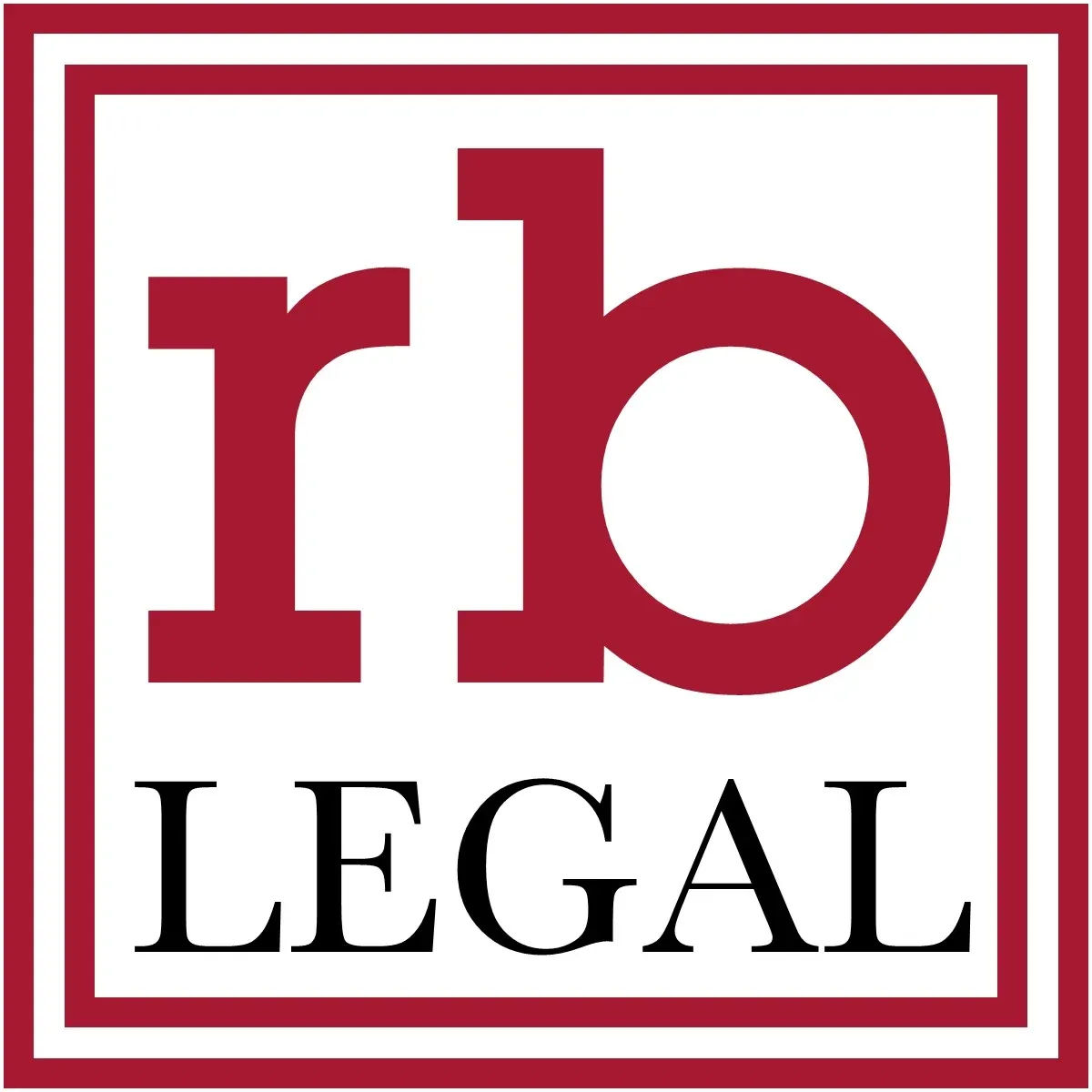You don’t avoid probate by writing a will. Instead, the will helps direct the probate process. The court oversees this as they divide your assets and take other steps to ensure that your will is followed.
There are two different types of probate that may be used. It’s wise to know what they are and how they could impact your case.
Informal probate
The first type is called informal probate , and this is when things are fairly simple. You have to file the paperwork, the court assigns someone to the case, and then you take the next steps like paying off debts and distributing any of the deceased person’s assets in accordance with the will. The court will generally look over this and review the papers, but you may not have to actually go to a hearing.
Formal probate
Formal probate requires a hearing and the court may do a lot more to influence the case. There’s a lot more oversight, and all involved may need to come to court multiple times to sort everything out. This is done when cases are more complex, such as when someone is challenging the will. This challenge changes things so that the court has to make a ruling, and then that ruling has to be followed. This can take much longer than informal probate.
How can you protect your rights?
As you move toward either informal or formal probate (or some combination of the two), you need to make sure that you understand what legal steps to take and how to protect your rights at this time.

© 2024 rb LEGAL
The information you obtain at this site is not, nor is it intended to be, legal advice. You should consult an attorney for advice regarding your individual situation. We invite you to contact us and welcome your calls, letters and electronic mail. Contacting us does not create an attorney-client relationship. Please do not send any confidential information to us until such time as an attorney-client relationship has been established.